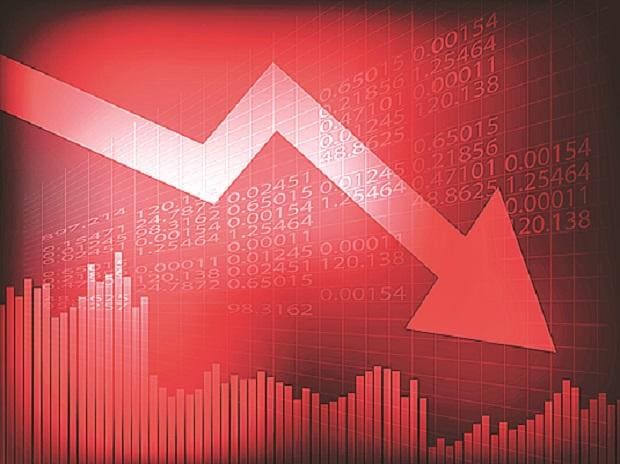For the deficit to be 3.3 per cent of GDP, it assumes a nominal GDP growth of 12 per cent in FY20.
Business
Standard : The Centre’s fiscal deficit for April-November
likely stood at 107 per cent of the fiscal year 2019-20 target of Rs
7.04 trillion, said senior government sources. This compares to 114.8
per cent for April-November, 2018-19, and 102.4 per cent till the end
of October this year.
The
April-November fiscal
deficit data will be officially released on December 31.
“At
end-November, fiscal deficit is at 107 per cent of the full-year
target,” said an official. In absolute terms, that comes to around
Rs 7.53 trillion.
This
means that for the remaining four months of the fiscal year, the
Centre has to initiate a heavy compression of expenditure in order to
meet the fiscal deficit target, which has been pegged at 3.3 per cent
of GDP. For the first half of the year (April-September), fiscal
deficit was at 6.6 per cent of the GDP for that period.
However,
as reported earlier, the Narendra Modi government is highly likely to
miss its fiscal deficit target for 2019-20. It could be between 3.5
per cent to 3.8 per cent of GDP. A final call on the what it will be,
within the 3.5-3.8 per cent range, will be taken by Finance Minister
Nirmala Sitharaman and her budget team after the advance tax numbers
are available in mid-December.
For
the deficit to be 3.3 per cent of GDP, it assumes a nominal GDP
growth of 12 per cent in FY20. Officials now concede that nominal GDP
growth for the year will nowhere be close to 12 per cent. The nominal
GDP growth for April-June was 6 per cent and that for July-September
was 6 per cent. With the Reserve
Bank of India’s latest forecast of 5 per cent real GDP growth
for 2019-20, even a 3 per cent deflator would take nominal GDP growth
to around 8 per cent.
That
means that theoretically, even if the fiscal deficit for the year is
Rs 7.04 trillion, as a percentage of GDP, it will shoot up to around
3.5 per cent. Given the revenue scenario, that seems difficult.
While
the divestment target is expected to be met and non-tax revenues
could even be exceeded, tax revenues remain a major cause of concern
and a shortfall of at least Rs 2 trillion is expected in gross tax
revenue.

No comments:
Post a Comment